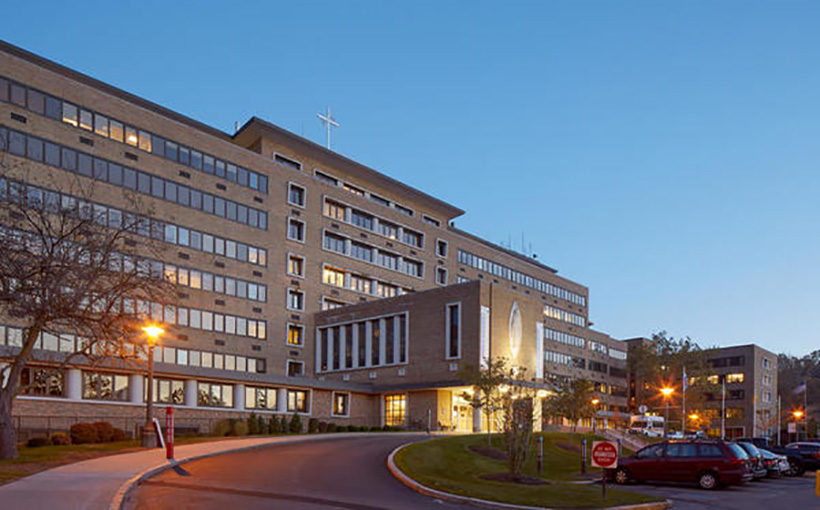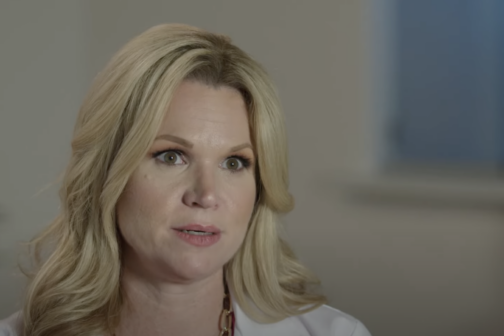In March, D CEO Healthcare asked if Dallas-based Steward Health Care would go bankrupt. The health system answered the question Monday morning, filing for Chapter 11 bankruptcy in the Southern District of Texas and owing top creditors $600 million.
In addition to announcing the bankruptcy filing, Steward announced that it is finalizing the terms of debtor-in-possession financing from Medical Properties Trust (MPT) for $75 million and up to an additional $225 million if certain conditions are met after Steward received a $60 million bridge loan from MPT in January. The system’s headquarters overlook Klyde Warren Park but doesn’t have any North Texas hospitals. It has five in the state of Texas.
“Steward took this voluntary step today as a necessary measure to allow the Company to continue to provide necessary care to its patients in their communities without disruption. Steward does not expect any interruptions in its day-to-day operations,” the release says. The release emphasized that the local system will continue to operate its more than two dozen hospitals, more than 25 urgent care centers, and 107 skilled nursing facilities.
The system has been in dire financial straits for months and offloaded multiple hospital properties and its physician group over the last several weeks in an effort to balance its books after the system’s landlord and creditor MPT reported in January that Steward had $50 million in unpaid rent. In April, Steward sold its physicians group to UnitedHealth’s Optum, and sold five hospitals in Utah for $1.1 billion.
The release blames insufficient reimbursement rates from government payers, increasing labor and supply costs, and the pandemic for making healthcare finance difficult for all health systems. These factors have made healthcare finance difficult for all health systems, but Steward was in a unique financial position following New York-based Cerberus Capital Management’s exit from ownership, which earned the $600 billion private equity firm a $700 million profit.
News of Steward hospital closures or sales got the attention of Senator Elizabeth Warren and the rest of the Massachusetts Congressional delegation, who wrote a letter to Cerberus CEO and founder Steven Feinberg to express their concerns about the firm’s exit and how Steward’s current position may be connected. “We are particularly concerned about the extent to which Cerberus and its affiliates literally stripped out and sold the property from underneath these hospitals, creating hundreds of millions of dollars in profits for private equity executives, while leaving the facilities with long-term liabilities that are magnifying – if not creating – the current crisis,” they wrote earlier this year.
A working paper from Cornell researchers details the impact of Real Estate Investment Trusts on healthcare, using Steward’s financial activity during this period as a case study and found that acquisitions left the system with a poor debt ratio that was compounded by the pandemic. In 2020, it posted a $400 million net loss despite government funding.
Cerberus helped form Steward in 2010 by purchasing a Massachusetts nonprofit system, and revenue rose to $1.9 billion with 17,000 employees in 2012. More acquisitions made Steward the country’s largest privately held health system in 2017, with 36 hospitals in 11 states. Later that year, it moved its headquarters to Dallas. In 2018, Steward opened international hospitals in Malta.
In 2020, physicians purchased back a controlling stake in the health system via a loan from Medical Property Trust, which owned the real estate under the Steward Hospitals. MPT is the largest hospital landlord in the country and became the largest creditor and part owner of Steward at the time. It has leaned into value-based care, as Dr. Sanjay Shetty told D CEO Healthcare in 2021 when he touted the system’s physician ownership and embrace of value-based care. Shetty left Steward last year to lead Humana’s CenterWell primary care and home health service lines.
Chief Executive Officer of Steward Dr. Ralph de la Torre described what led to the bankruptcy filing while reassuring staff and patients about the future of the system. “With the delay in closing of the Stewardship Health transaction, Steward was forced to seek alternative methods of bridging its operations. With the additional financing in this process, we are confident that we will keep hospitals open, supplied, and operating so that our care of our patients and our employees is maintained. By working collaboratively with stakeholders in this court-supervised controlled environment, and having the benefit of our earlier strategic efforts, Steward will be better positioned to responsibly transition ownership of its Massachusetts-based hospitals, keep all of its hospitals open to treat patients, and ensure the continued care and service of our patients and our communities.”
Author







